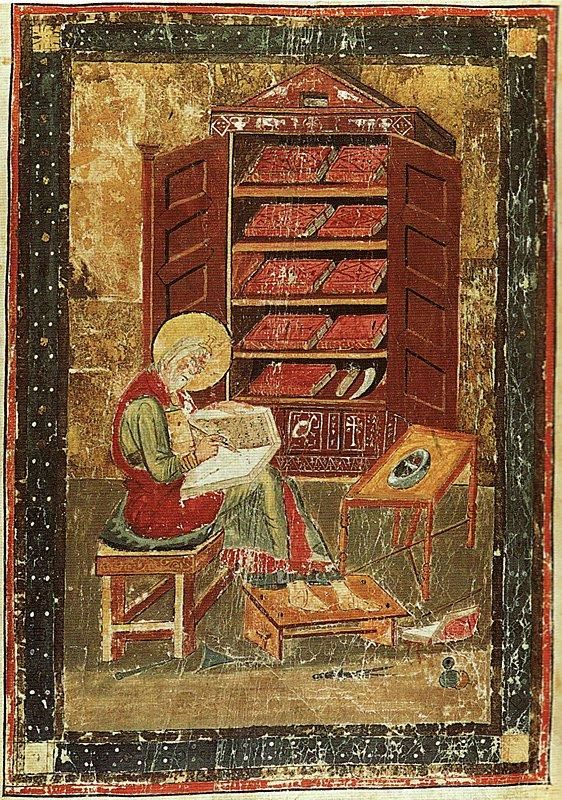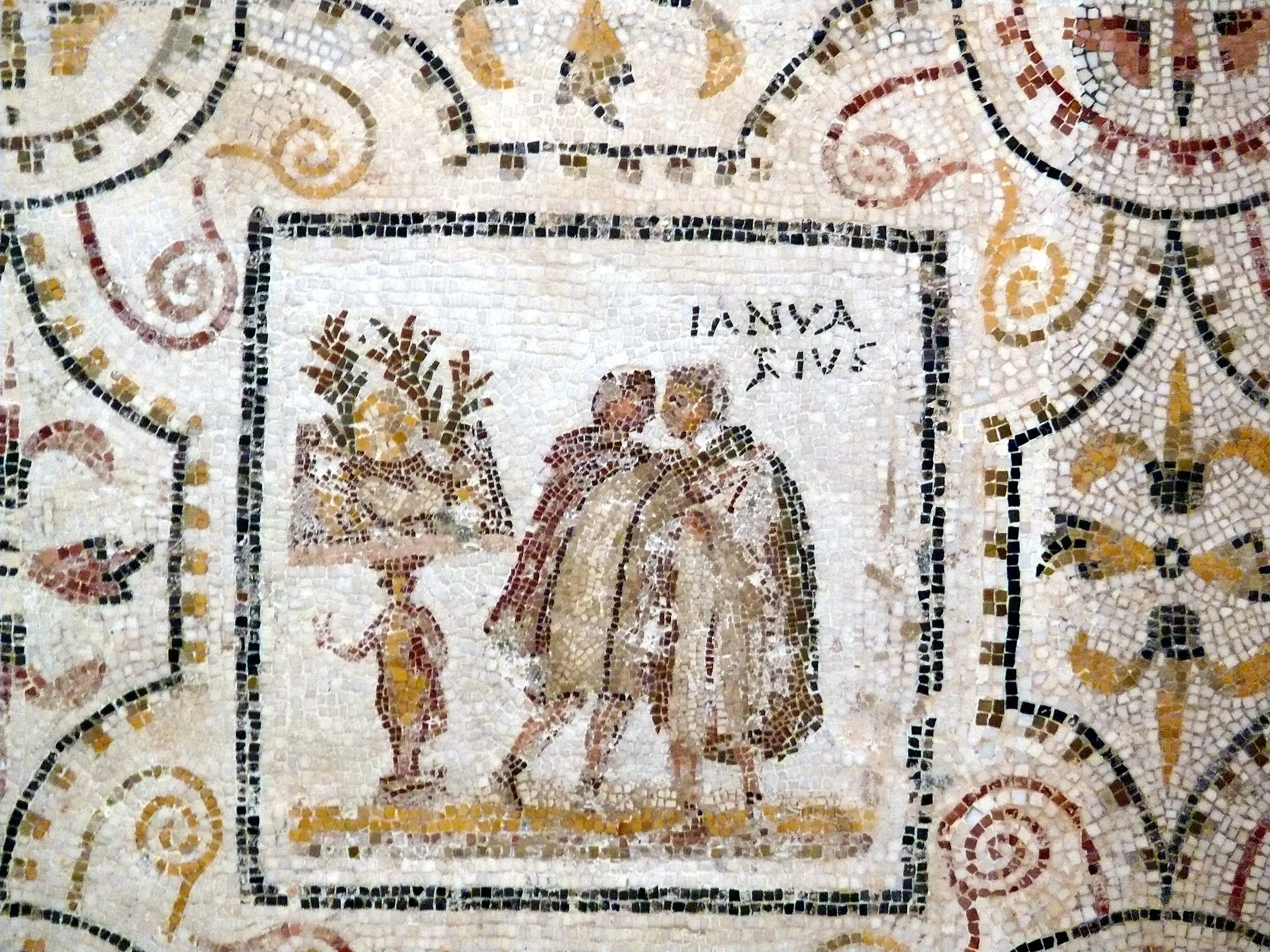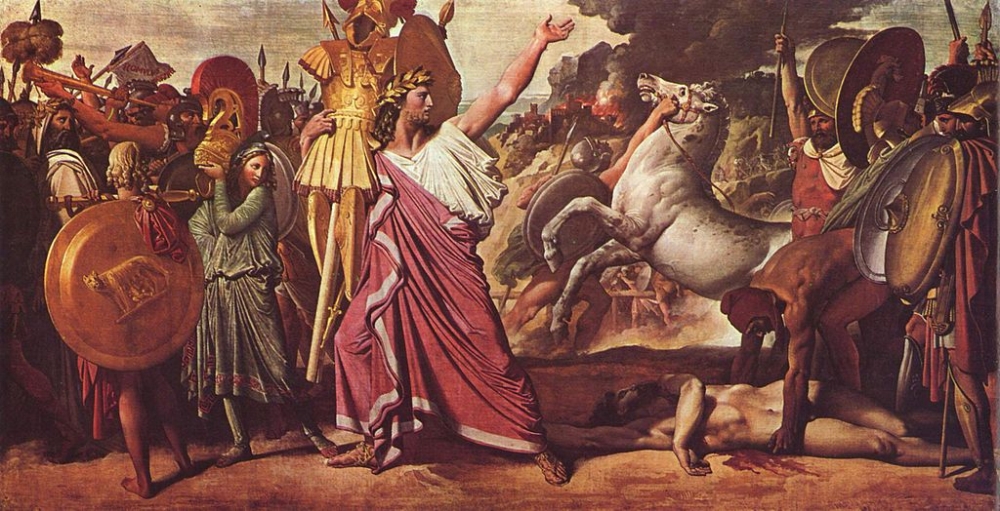“There is evidence that Persian Muslims and Jews shared notions about the story that united them on the one hand and distinguished them from their coreligionists elsewhere on the other.”
Read More
Liane M. Feldman, “Story and Sacrifice: Ritual, Narrative, and the Priestly Source,” PhD Dissertation, University of Chicago, 2018.
Read More
Cavan Concannon responds to Adi Ophir and Ishay Rosen-Zvi’s book, Goy: Israel’s Multiple Others and the Birth of the Gentile in the AJR review forum.
Read More
Christine Hayes responds to Adi Ophir and Ishay Rosen-Zvi’s book, Goy: Israel’s Multiple Others and the Birth of the Gentile in the AJR review forum.
Read More
Yair Furstenberg responds to Adi Ophir and Ishay Rosen-Zvi’s book, Goy: Israel’s Multiple Others and the Birth of the Gentile in the AJR review forum.
Read More
Cynthia Baker responds to Adi Ophir and Ishay Rosen-Zvi’s book, Goy: Israel’s Multiple Others and the Birth of the Gentile in the AJR review forum.
Read More
The AJR review forum of Adi Ophir and Ishay Rosen-Zvi’s book, Goy: Israel’s Multiple Others and the Birth of the Gentile. With responses from Cynthia Baker, Yair Furstenberg, Christine Hayes, and Cavan Concannon.
Read More
Adi Ophir and Ishay Rosen-Zvi open the AJR review forum of their book, Goy: Israel’s Multiple Others and the Birth of the Gentile.
Read More
Papers from the 2018 Society of Biblical Literature’s review panel on Maia Kotrosits’s Rethinking Early Christian Identity: Affect, Violence, and Belonging (Fortress, 2015).
Read More
Nevertheless, I characterize the book as more protean. It resists reductive readings, always offering a counter-text to any interpretation (including the one in this essay.)
Read More
I argue one must take into account not only what magic is said to be, but also what magicians do. There is a reason, after all, that these practices are the ones against which Apuleius was compelled to mount his defense.
Read More
Maia Kotrosits responds to the review forum on Rethinking Early Christian Identity: Affect, Violence, and Belonging (Fortress, 2015).
Read More
Eric Smith responds to Maia Kotrosits’s Rethinking Early Christian Identity: Affect, Violence, and Belonging (Fortress, 2015).
Read More
Teresa Calpino responds to Maia Kotrosits’s Rethinking Early Christian Identity: Affect, Violence, and Belonging (Fortress, 2015).
Read More
Donovan Schaefer responds to Maia Kotrosits’s Rethinking Early Christian Identity: Affect, Violence, and Belonging (Fortress, 2015) at the 2018 SBL review panel.
Read More
Shayna Sheinfeld responds to Maia Kotrosits’s Rethinking Early Christian Identity: Affect, Violence, and Belonging (Fortress, 2015) at the 2018 SBL review panel.
Read More
This exhibition aims to showcase Armenia as an artistic civilization in its own right rather than a postscript to the more prominent and the better-known achievements of Byzantium or Near Eastern cultures.
Read More
A list of our most popular articles from 2018.
Read More
In my dissertation, I group twelve authors by chronology and language of writing. Chapter two treats Velleius Paterculus (d. 31 CE), Tacitus, and Suetonius (d. 126 CE), three authors separated by time, genre, rank, and aims, but unified in their approach to imperial history as in certain respects a recapitulation of regal history; determined by the ancestry of the Julio-Claudian emperors.
Read More


















